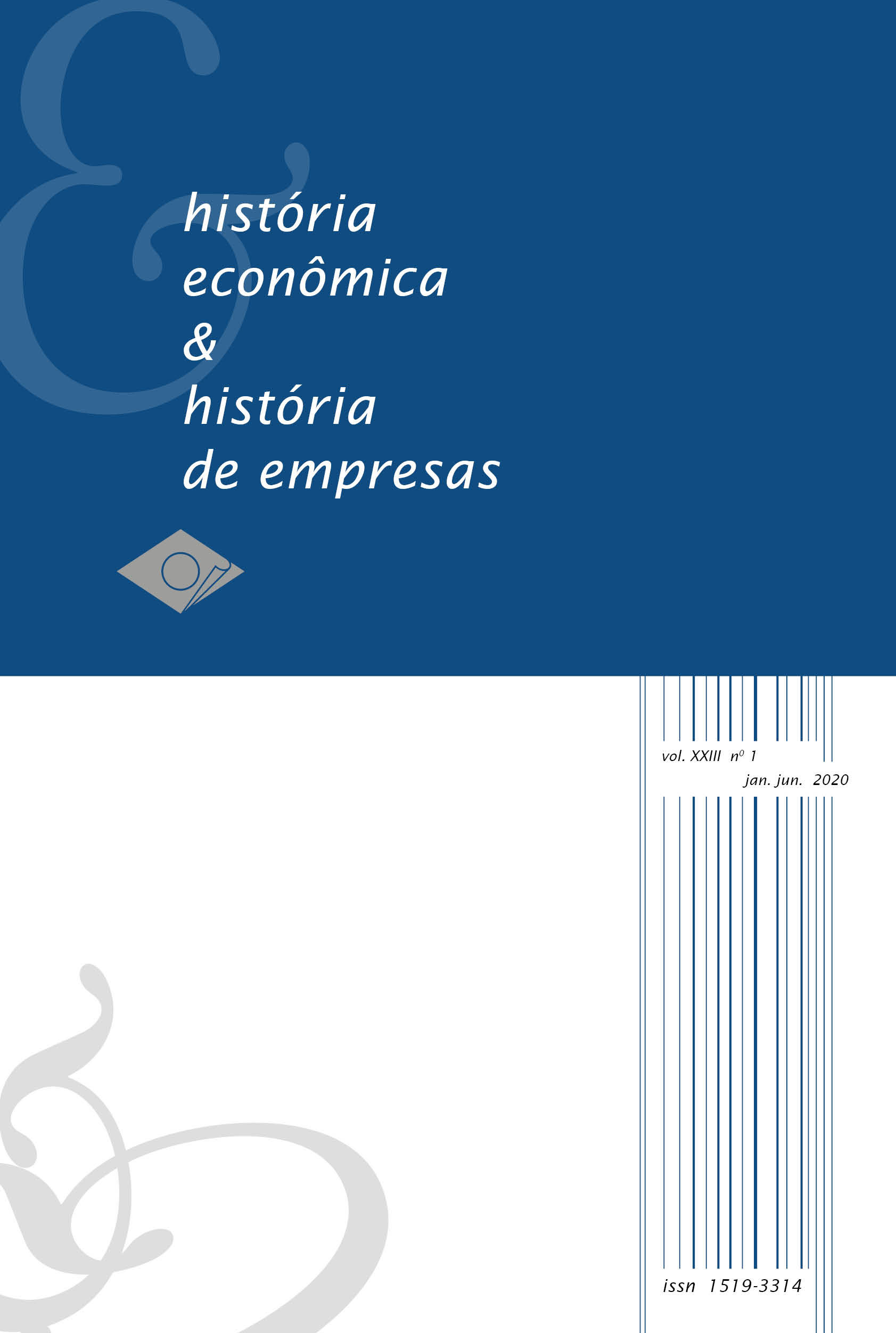O corporativismo económico como doutrina e dispositivo: o sistema português em perspectiva comparada (1933-1974)
DOI:
https://doi.org/10.29182/hehe.v23i1.654Resumo
Este artigo incide no conceito e nas práticas institucionais de corporativismo económico no ambiente histórico dos fascismos europeus e no contexto específico do Estado Novo português. Partindo da constatação de que o conceito de corporativismo económico se encontra sub-representado na historiografia, analisa-se em que medida as organizações corporativas da economia mostraram características comuns a outros movimentos de regeneração institucional do capitalismo no período entre as duas guerras mundiais. Fazendo uma síntese comparativa dos regimes do fascismo italiano, do nazismo alemão, da França de Vichy e da Espanha de Franco, identificam-se as características institucionais e as singularidades desses modelos de corporativismo económico. Dada a sua relevância internacional na vaga internacional de sistemas de corporativismo de Estado, e considerando a longevidade das suas instituições, tomamos como estudo de caso a organização corporativa da economia vinculada ao Estado Novo português. A lógica política e instrumental do sistema de governo da economia que persistiu em Portugal entre 1933 e 1974 permite revisitar as potencialidades e limitações do conceito de corporativismo económico enquanto categoria de análise histórica.
Downloads
Downloads
Publicado
Como Citar
Edição
Seção
Licença
Os autores mantêm os direitos autorais sobre o trabalho, concedendo à revista apenas o direito de sua primeira publicação. Além disso, têm autorização para assumir contratos adicionais separadamente para a versão do trabalho publicada nesta revista, desde que reconhecida a publicação inicial neste periódico.





